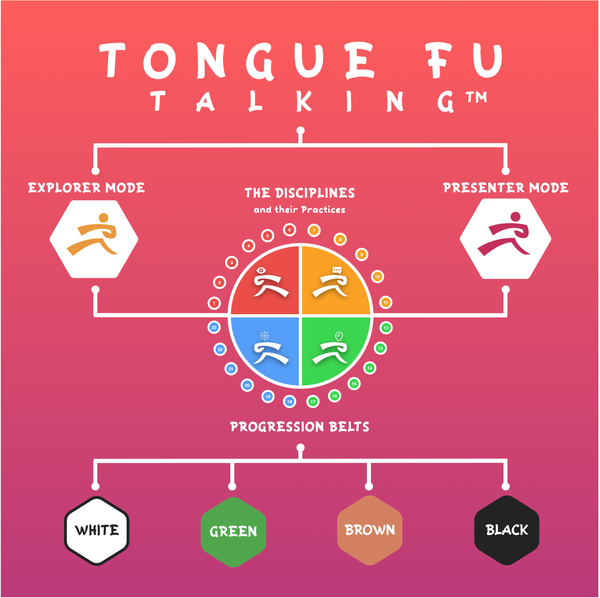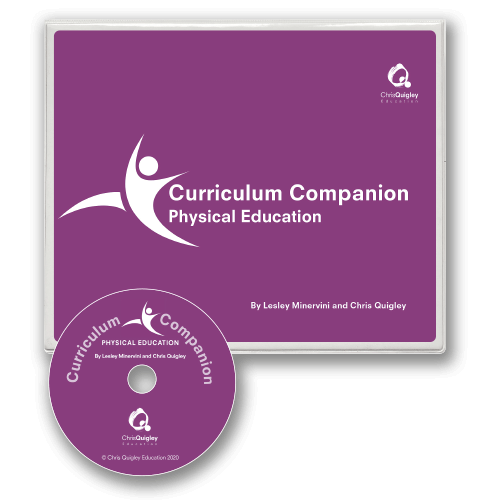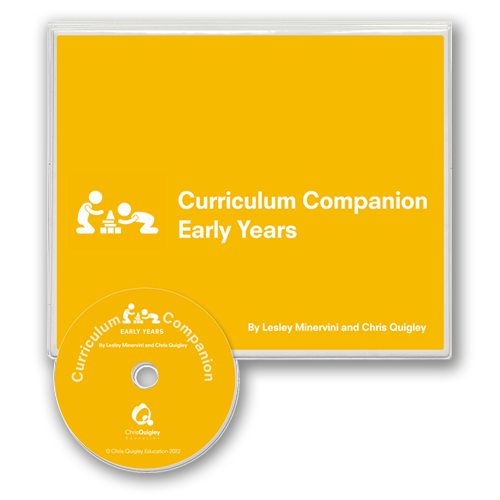Training Courses and Educational Resources for Schools and Teachers
Find our about our Oracy Framework for EYFS to KS3
New course added: Judging The Impact Of Your Curriculum
Everything you need to know about Metacognition and Oracy
Upcoming Live Webinars
Popular On-demand Courses
Research conducted by the Educational Endowment Foundation (EEF) indicated that there are five particular approaches which can be integrated into day-to-day teaching practice to raise attainment among children with additional needs, as well as their classmates.
This course helps school leaders to answer two questions: How effective is your curriculum? How do you know?
Develop a whole-school vocabulary spine based on ambitious, rich, academic language
Latest from the Blog

28th Aug 2025
Oracy strategies for more able pupils must go beyond giving them a platform to talk. High attaining students need structured opportunities to develop advanced vocabulary, practise metacognitive strategies, and engage in exploratory reasoning. This blog explores how Tongue Fu Talking® provides a progressive framework to ensure more able learners thrive in both Explorer Mode and Presenter Mode, moving beyond surface eloquence towards clarity, substance and collaborative thinking.

24th Aug 2025
Looking for oracy activities for primary schools and KS3? This guide shares six practical oracy lesson ideas, from sentence stems and mini debates to structured presentations and reflection. Perfect for embedding speaking and listening skills into everyday teaching, these classroom talk strategies work across subjects and support progression, inclusion, and assessment with the Tongue Fu Talking® Oracy Framework.










